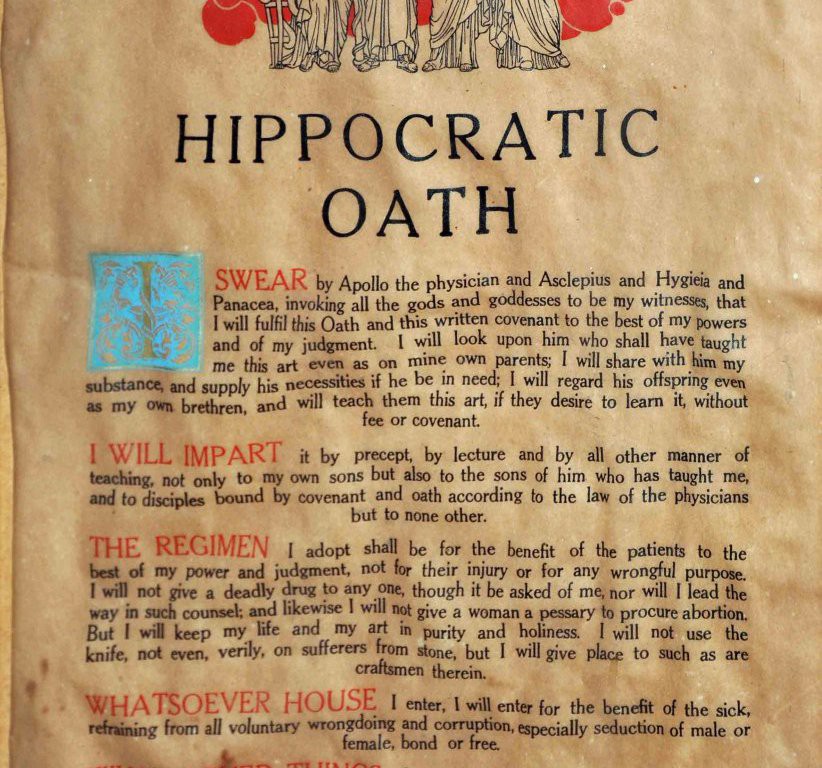Before doctors begin their practice, they pledge to do no harm and remember to “remain a member of society, with special obligations to all my fellow human beings.” This principle underpins the U.N. Sustainable Development Goals as well. Yet, the 2030 global goals may need their own Hippocratic Oath when it comes to environmental conservation and sustainability.
The most acute risk of unintended consequences may arise in Sustainable Development Goal №14: ocean conservation. Almost 50% of the world’s population lives within 150 kilometers of a coastline. Many of those people depend on the seas for food security and their livelihoods; most of the world’s fisheries are small-scale or community run. Ocean conservation therefore needs a “social code of conduct,” argue Rebecca Jarvis and Nathan Bennett, research fellows at Auckland University of Technology and the University of Washington, respectively. “There is a risk that some actions taken will undermine the rights and needs of local people.” Such a code could include:
Fair conservation governance and decision-making processes to ensure respect for and participation from local communities, indigenous people, traditional users, and marginalized populations.
Socially-just conservation action that recognizes tenure and rights of indigenous communities and local traditions, accounts for food security and social welfare, and incorporates enforceable “benefit sharing” arrangements.
Accountable conservation organizations that adapt best practices and commit to transparency and conflict remediation.
The recommendations are broad, but are the starting point for a more comprehensive framework. “Marine conservation is not just about saving oceans and charismatic species,” the authors write. “It is also about safeguarding the resources of people who rely on the sea and live in coastal communities.”











